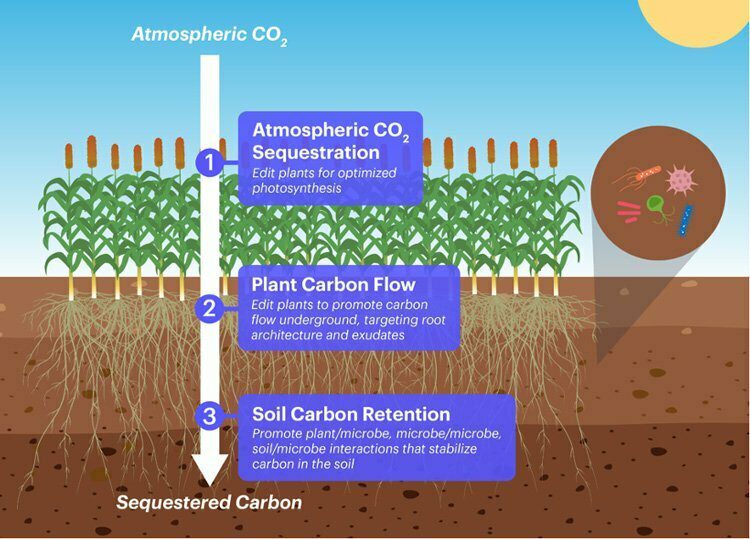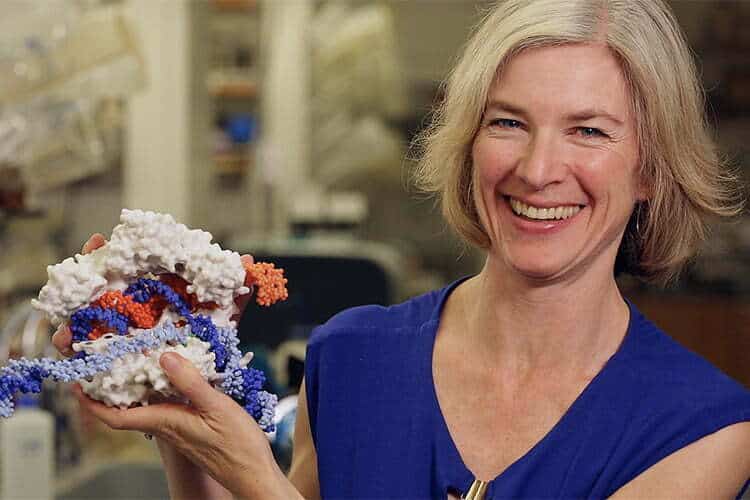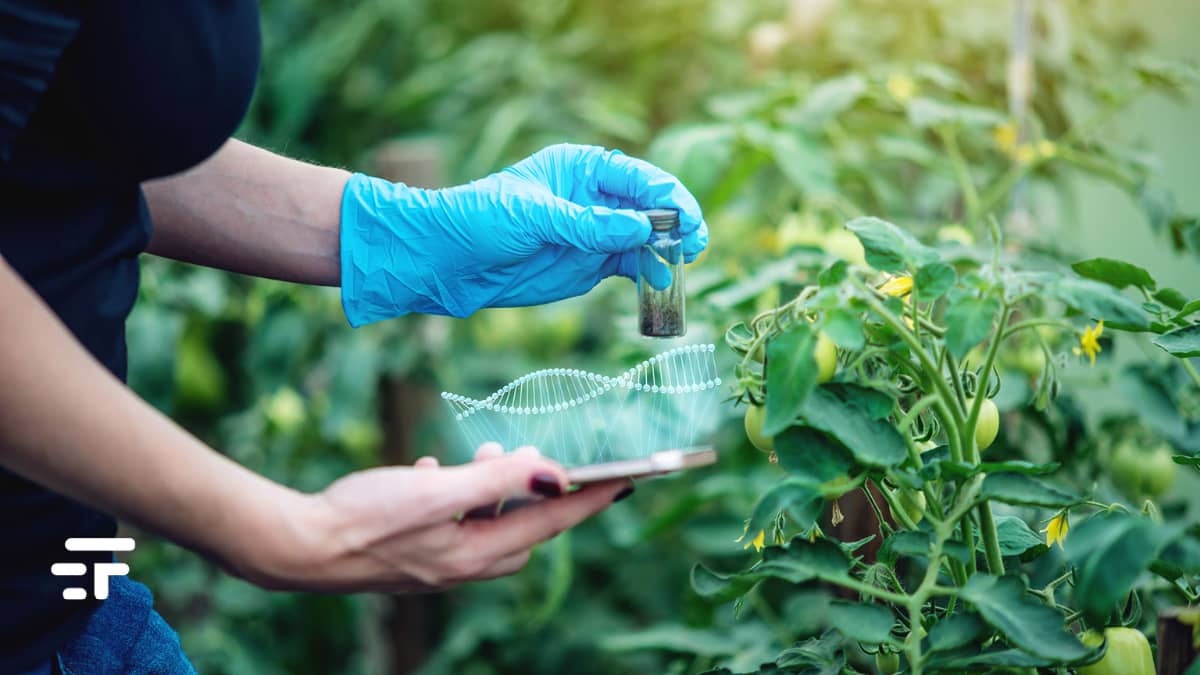Less than a decade after its official debut, genome editing technology CRISPR it has already revolutionized the world, with virtually limitless potential. By modifying the genetic code of living cells, CRISPR has opened up new opportunities in the medicine, In 'agriculture and even in fight against climate change. There are already some successes in curing genetic diseases, but 2023 is the year we can have the most hope of seeing the true reach of CRISPR across many industries.
Agriculture and livestock…
We expect important developments from Japanese research on “super tomato” modified with CRISPR. It can nourish and heal in one go, thanks to its properties. In the USA, however, the research closest to tangible results concerns a gene that creates the coat of cattle more heat resistant. They are the "leaders" of dozens of studies exploring the use of CRISPR to increase crop yields, waste much less water and drastically reduce the use of pesticides.
…but above all agriculture.
Secondo Krsna Niyogi, professor of plant and microbial biology at UC Berkeley, CRISPR can improve the efficiency of photosynthetic reactions in plants by 20 50% to%. This could mean capturing more carbon from the air, to reduce emissions and dependence on fossil fuels. Agriculture, in short, could potentially sequester billions of tons of carbon every year.

How to feed the world in tough times
Agriculture, we said, can help us "ward off" the blow of climate change in many ways, with the collaboration of CRISPR. “Traditional plant breeding,” he says jennifer doudna, chemistry and Nobel Prize for the Invention of CRISPR, “has always been based on random changes to DNA, introduced by chemical mutagens. Mutations that allowed breeders to select plants with desired traits. CRISPR will change this way of working, removing the randomness of the process and precisely enhancing specific DNA sequences in plants, one at a time or in multiple genes at once.”
High precision instruments: it is no coincidence that we speak, precisely (but not only for this reason) of precision farming. The crops of wheat, rice, bananas, cassava e sorghum, as well as important crops profitable for developing countries such as cocoa, will literally be transformed.

In short (Italian only)
CRISPR gene editing opens up a world of opportunities for agriculture and its ability to feed the world in a more sustainable and climate-resilient way. With this technology, plant biologists can develop plant varieties that are resistant to pests and diseases. Plants with reduced water needs, capable of thriving in extreme climatic conditions.


